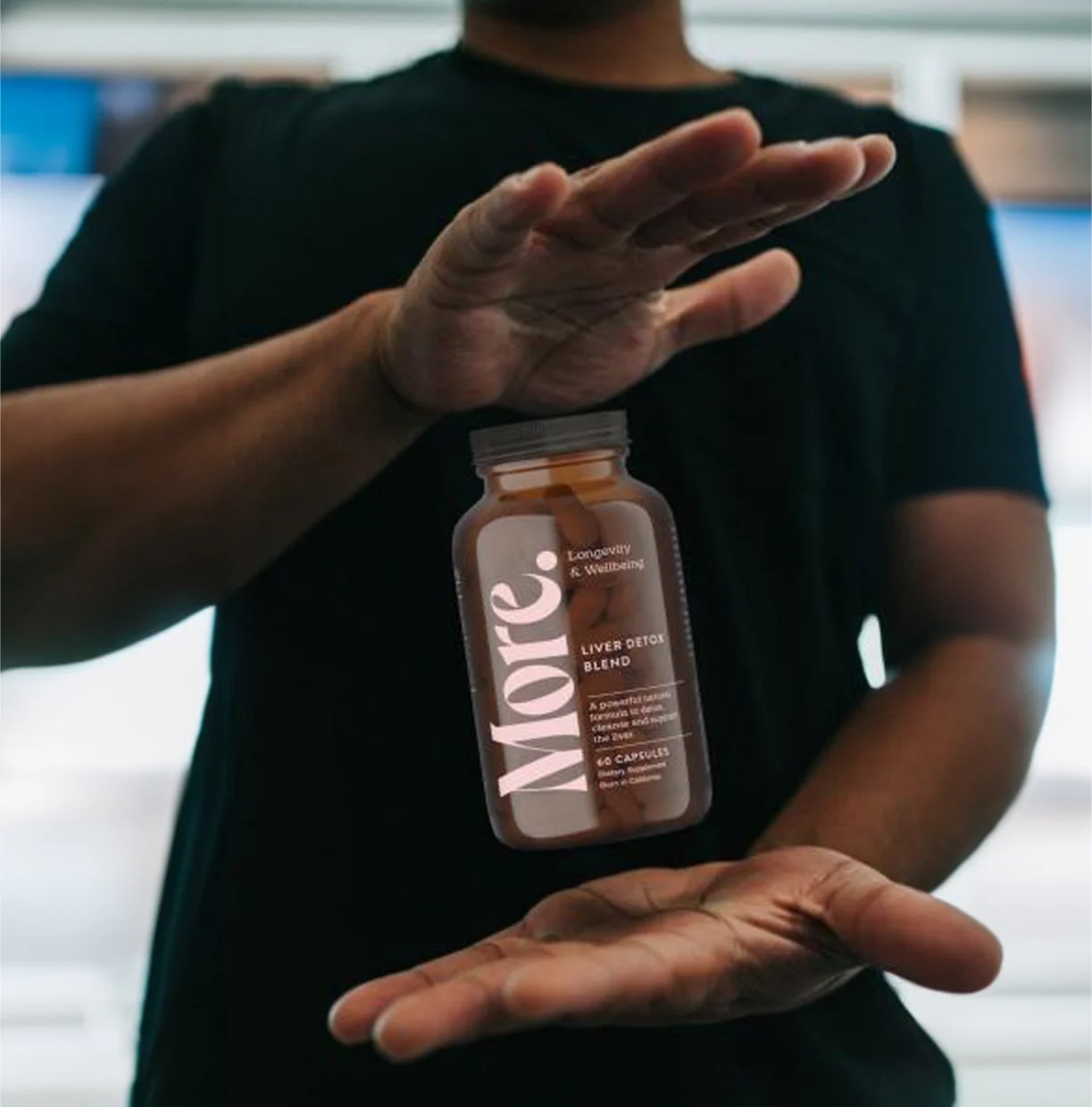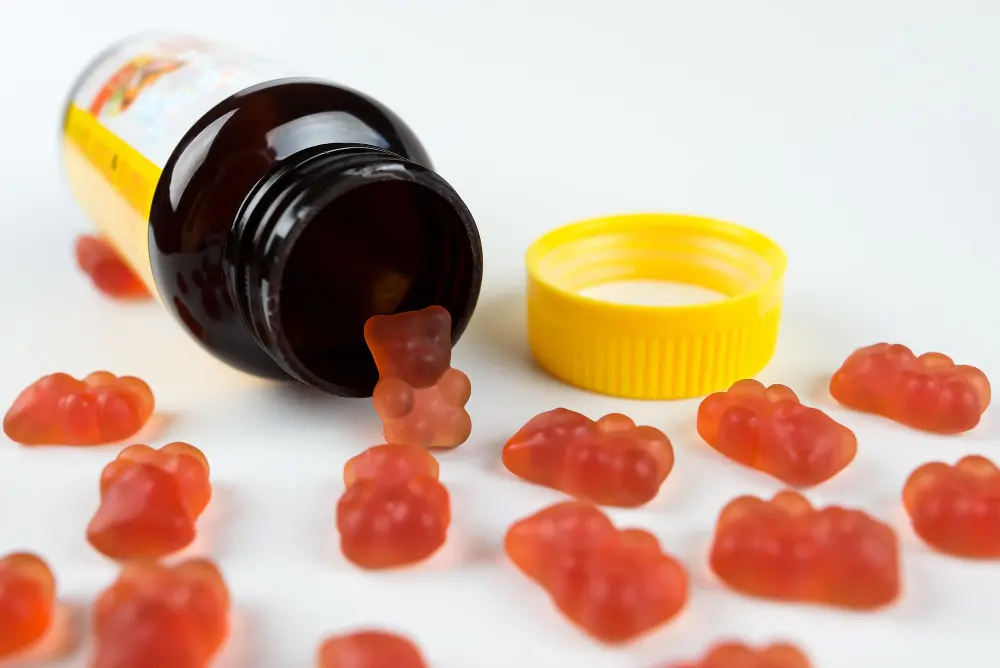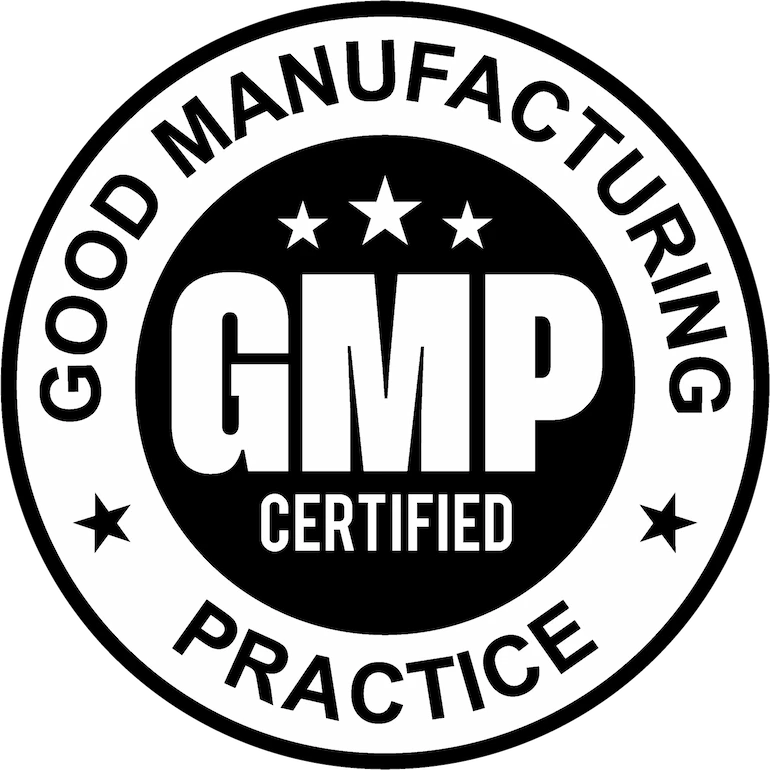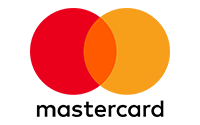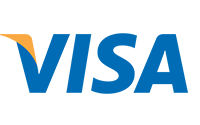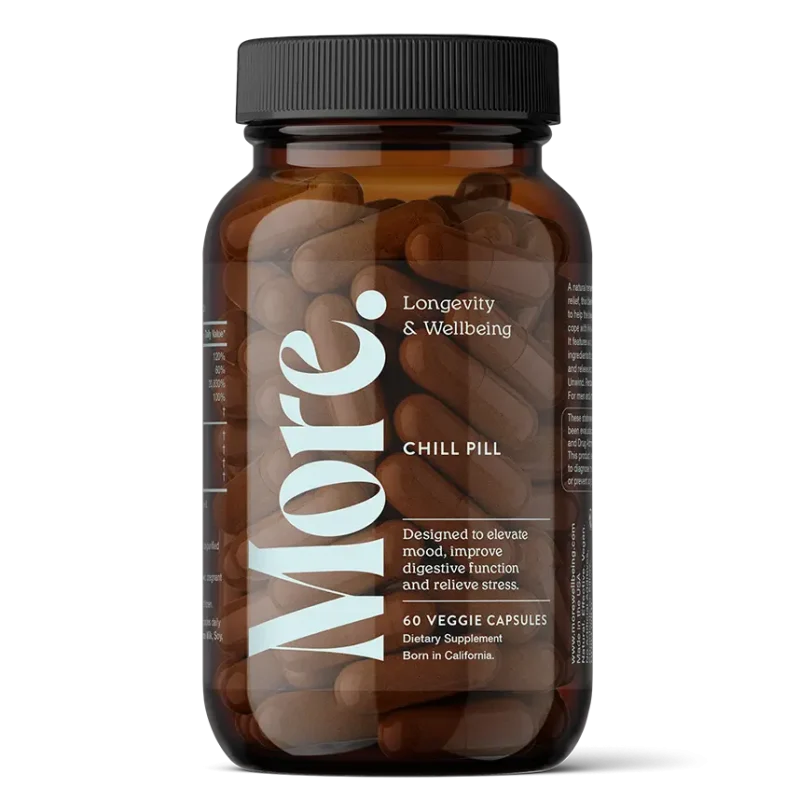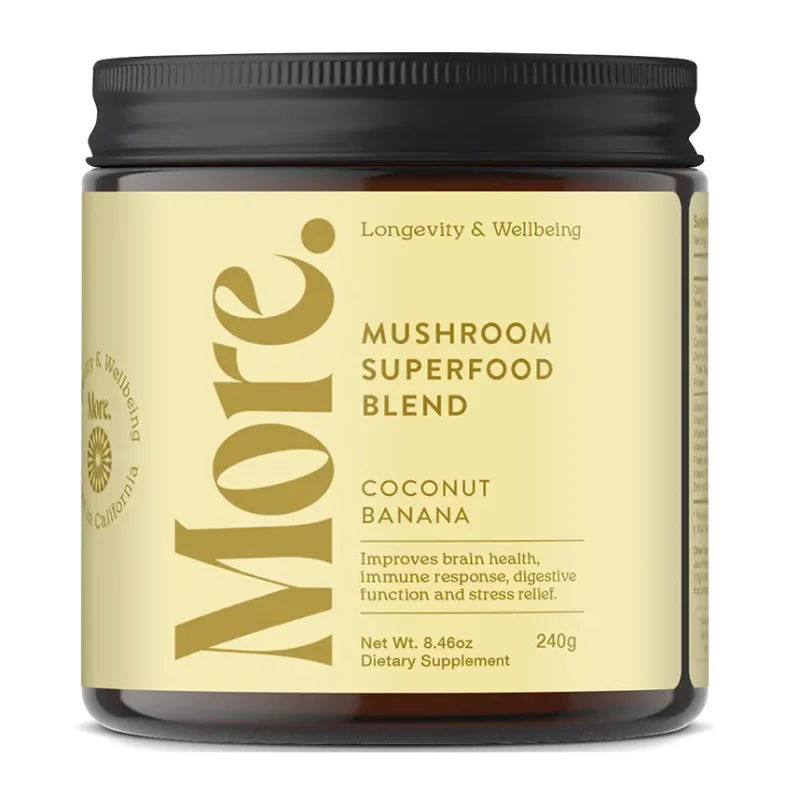Are supplements truly unregulated?
Does “natural” mean ineffective?
Let’s unpack some of the most common myths in the natural products industry—and what informed consumers should really be looking for.
As interest in holistic health continues to grow, so do the assumptions surrounding how supplements are made, sold, and regulated. While some skepticism is understandable, much of the narrative is shaped by outdated or oversimplified claims.
At More. Longevity & Wellbeing, we believe that clarity—rooted in science and transparency—is the foundation of true wellness. Below are three common misconceptions we regularly encounter, along with facts to help you cut through the noise.
1. “Supplements Aren’t Regulated”
This is one of the most widespread myths.
While it’s true that supplements aren’t regulated like pharmaceuticals, they are far from unregulated.
In the U.S., the Food and Drug Administration (FDA) and Federal Trade Commission (FTC) both oversee the supplement industry. Brands are legally required to:
That said, the level of oversight can vary—and so can product quality. That’s why independent, third-party testing is critical. Reputable brands provide batch-specific Certificates of Analysis (COAs) that confirm:
2. “Natural Means It’s Either Safe—or Useless”
“Natural” is often misunderstood.
Some believe it guarantees safety; others dismiss it as ineffective. Neither assumption is accurate.
Effectiveness and safety depend on the full context:
Bioavailability—the body’s ability to absorb and use nutrients—is often more important than whether something is labeled “natural.”
Not all natural ingredients are harmless. Not all are effective.
What matters is how they’re used—thoughtfully, clinically, and in harmony with the body.
3. “More Certifications = Better Product”
Certifications can offer value—but they don’t tell the whole story.
A supplement might boast labels like:
-
“Clean”
-
“Organic”
-
“Non-GMO”
…yet still fall short in:
-
Ingredient quality
-
Potency
-
Synergy
Labels appeal to perception—but formulation is what drives results.
Smart consumers look deeper. Ask:
-
What’s the source of each ingredient?
-
What form is it in?
-
Is it clinically dosed?
-
Is it tested for contaminants and potency?
-
Does it support whole-body systems, or just suppress symptoms?
A More Informed Way Forward
The natural products space is evolving.
But while the language of wellness is becoming more popular, the substance behind it often lags.
What’s needed isn’t more marketing language—it’s:
-
Clearer information
-
Accessible testing data
-
Science-backed design
At More., we believe the future of wellness is rooted in clarity—not hype.
Disclaimer
This content is for informational purposes only and is not intended to diagnose, treat, cure, or prevent any disease. Statements about supplements have not been evaluated by the Food and Drug Administration (FDA). Always consult a qualified healthcare professional before making changes to your wellness routine.

